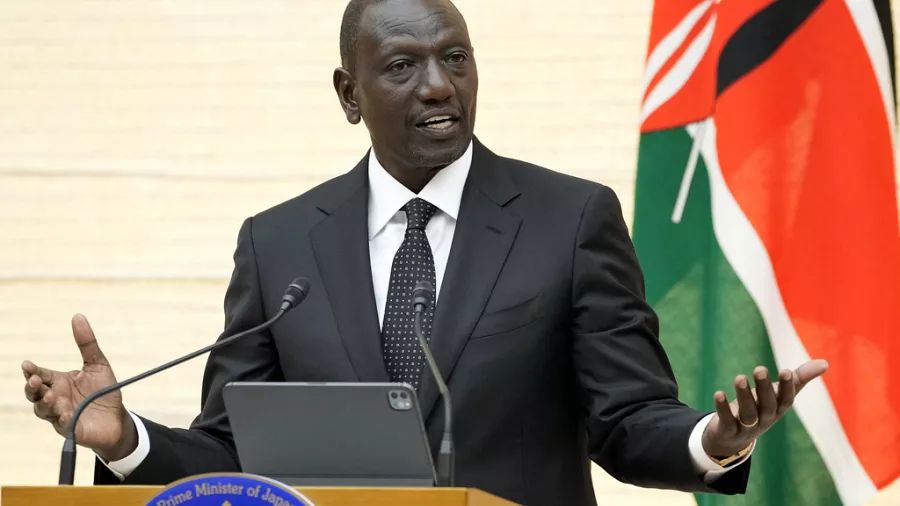The Executive Office of the President has come under sharp scrutiny after a new report by the Office of the Controller of Budget (CoB) exposed massive expenditure during the last financial year, despite government pledges to rein in wasteful spending.
According to the National Government Budget Implementation Review Report for the 2024/2025 financial year, President William Ruto’s office spent an average of Ksh.2.2 million per day on printing services, amounting to Ksh.817 million in the year under review. The spending, which represents Ksh.68 million per month, went into printing executive orders, policy documents, proclamations, performance contracts, press statements, crisis communication, and high-quality invitations for State House functions.
The report further revealed that the Executive Office of the President spent Ksh.1 billion on government advisory services, despite the President’s insistence on austerity. The advisors, whose number has now reached 20, consumed significant allocations: Ksh.62 million on Kenya–South Sudan advisory services, Ksh.46 million on the Power of Mercy, Ksh.450 million on counter-terrorism, Ksh.97 million on economic and social affairs, Ksh.150 million on strategic policy, and Ksh.251 million on public entities oversight.
In addition, the office spent Ksh.1.9 billion on general administration, planning and support services, and Ksh.765 million on leadership and coordination. However, the report did not disclose the amount allocated for construction and refurbishment of offices.
Notably, State House Nairobi also accounted for Ksh.399 million in refurbishment costs in the past year alone. With the works currently 66% complete, the total expenditure on the House on the Hill has already hit Ksh.1.17 billion since construction began. The renovations are expected to extend until 2027, with projections suggesting the overall cost could surpass that of its initial construction.
The revelations come against the backdrop of Gen Z-led protests that forced the withdrawal of the Finance Bill 2024, largely due to public anger over government extravagance. The latest disclosures are likely to fuel further debate on the administration’s commitment to fiscal discipline.

